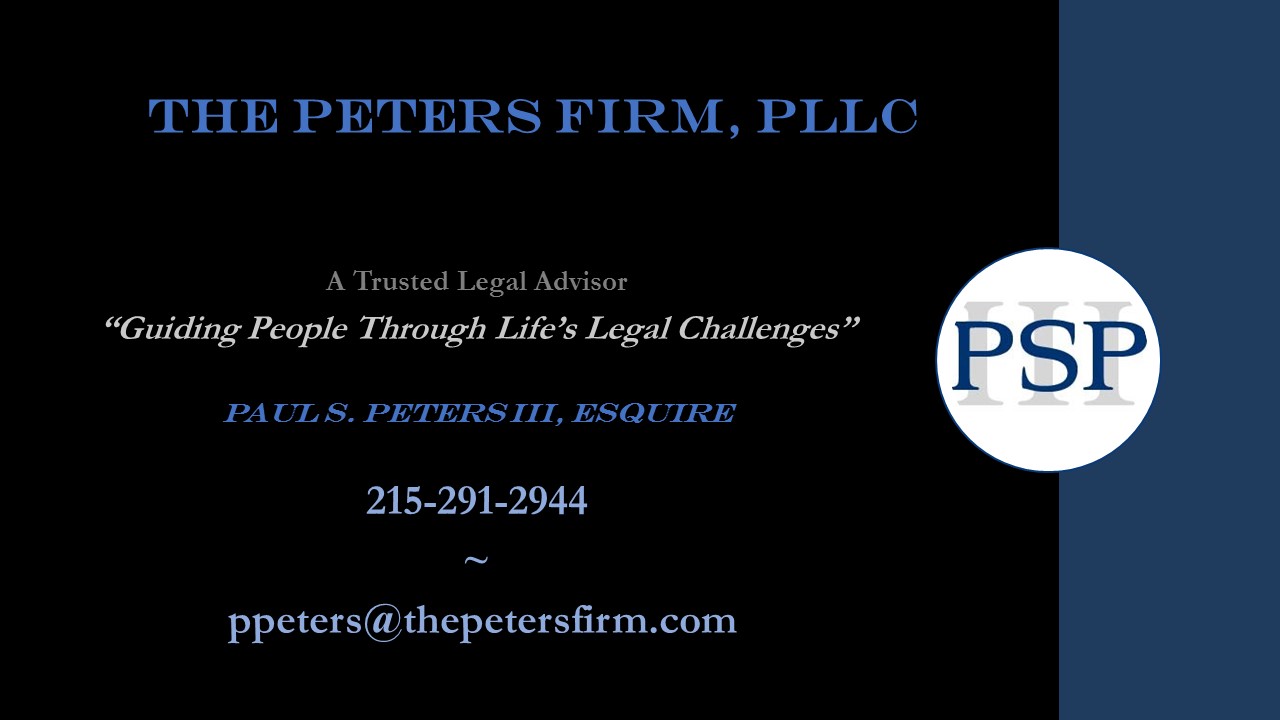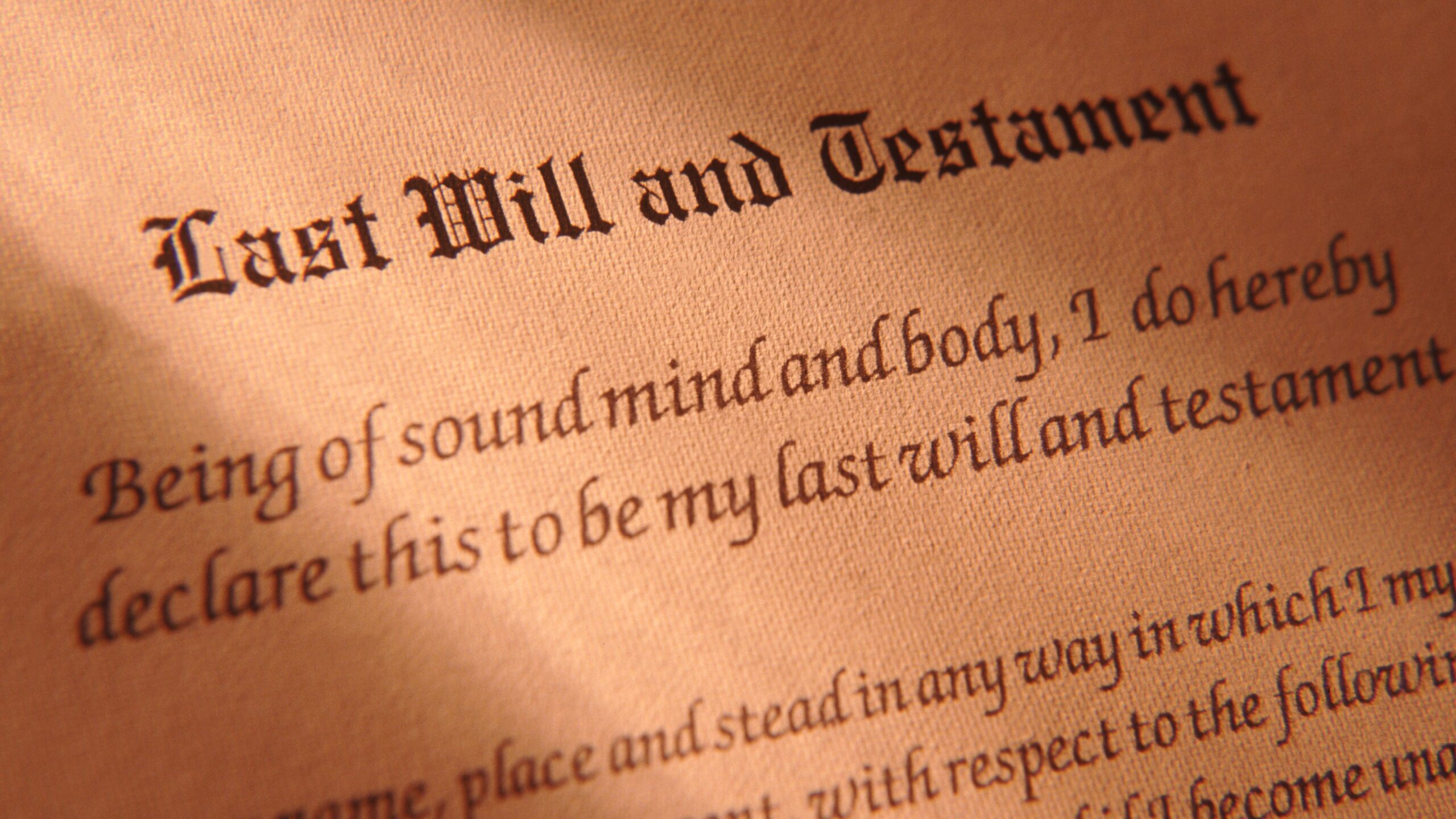Wills and Burial Directives
Last Will and Testament
The first and primary document to consider is a Will. The Will instructs how your Estate is to be handled. The Estate is a collection of everything you own and everyone you owe money to.
Some things a Will can instruct, explain, and do:
1. Names the Executor of your Estate. The Executor is the person who ensures your plans and directives are carried out.
2. Dictate how your Estate (real estate, personal belongings, cars, money, investments, etc.) are distributed to others. This can be general or specific such as:
a. All my property is to be left to my spouse or children equally, or
b. My car is to be left to my Uncle Jimmy, my house to my Son Steven, my antiques to my Daughter Susan, and my collection of 200 coffee mugs to my Brother Harry.
3. List the persons or organizations you desire to benefit from any value to your Estate and percentage of that value (also known as Heirs). You can leave everything to one person, or split it up in different percentages or in even amounts to children or charities such as:
a. The proceeds from the sale of my home is to be split evenly between my 2 children.
4. Specifically, disinherit someone. You cannot fully disinherit a spouse, so make sure an ex-spouses are truly and ex-spouse legally should you wish for them to inherit nothing from your Estate.
5. Dictate Guardianship and Trusts for minor or special needs children. I will go into much deeper detail on Guardianships and Trusts in my next post. These directives are many times done via separate documents and only referenced in a Will.
6. Minimize possible taxes placed upon the Estate or Heirs.
7. Create a detailed, question free, and simple legal process for your grieving loved ones. Passing without a Will allows the laws of Pennsylvania to dictate what happens to your Estate, and can lead to fighting and legal contests between family members and loved ones.
8. Exert the control the law permits over the money and possessions you worked hard to accumulate over your life.
Burial Directive
The next document to consider is a Burial Directive. While one may put this into their Will, one cannot be sure the Will is reviewed at the time of death. Your Will may not be reviewed until after your burial. Therefore, the Burial Directive is something you can give to family members, the Executor of your Will, and the Funeral Home that will be handling your burial, so your wishes are known ahead of time. This document can be general (burial vs. cremation) (funeral vs. memorial) (open vs. closed casket) or very specific as to exact burial plot, type and cost of a casket, quality of and information on headstone, releasing of doves, playing of bagpipes, all the way to the location for the spreading of some of your ashes (such as the track at Northeast High School. Yes…this is in my Burial Directive).
If Estate Planning Documents are something you have been putting off, use this post as motivation to act on this matter now. Contact a competent and trusted legal professional (I would love to help you through this), or someone you already know and use, to begin the process of having Estate Planning Documents drafted.
Mortality is a scary thing to confront, but having these documents in place can give you peace of mind that should you pass away, your affairs are in order, and in the order, you wanted them in.




